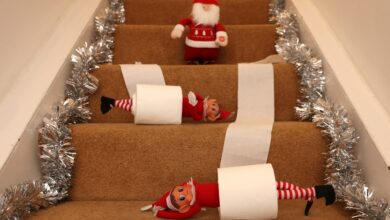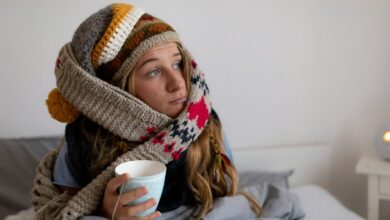I spent £6,000 shopping in my sleep – my husband lost it on my Chanel order
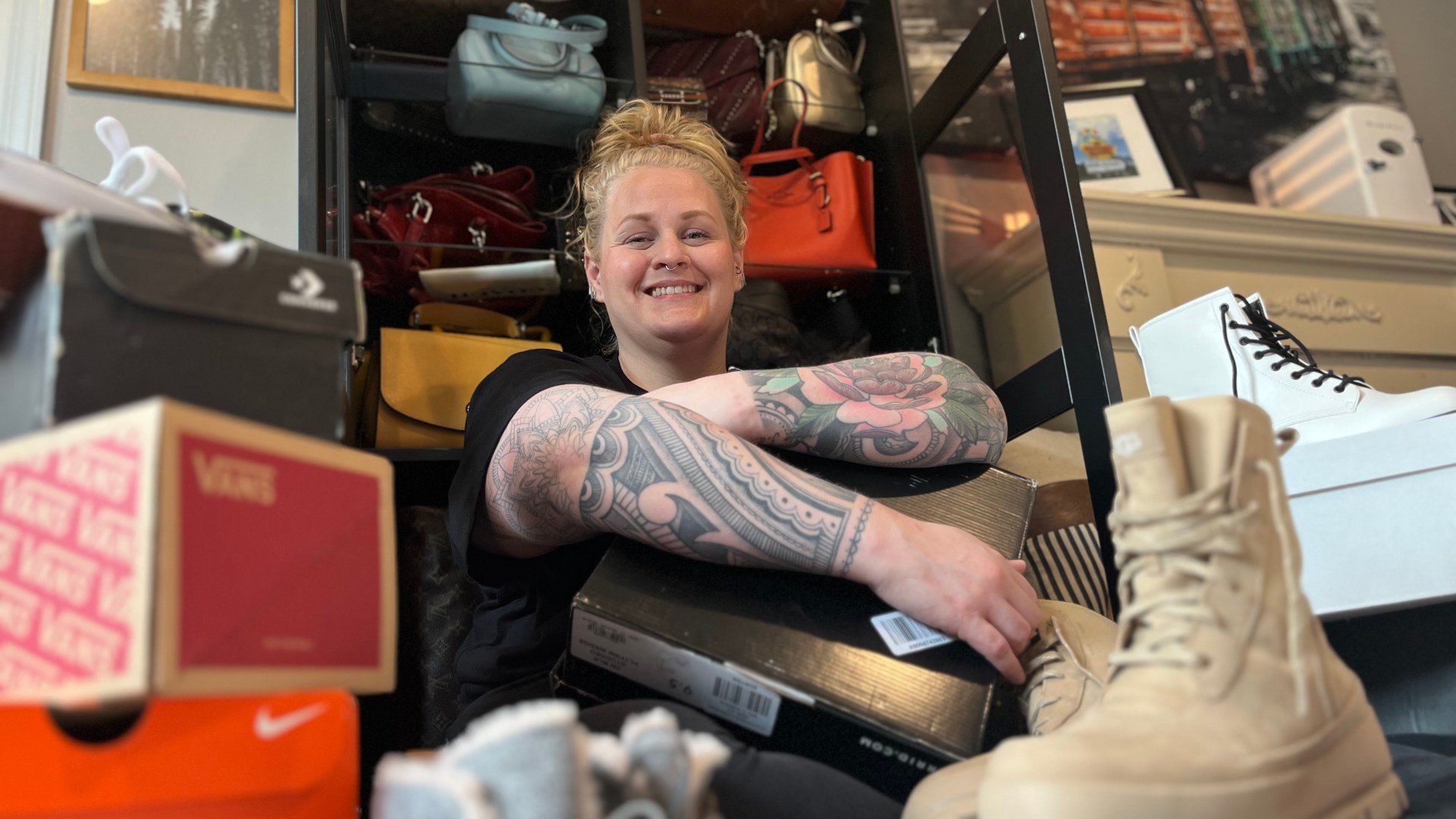
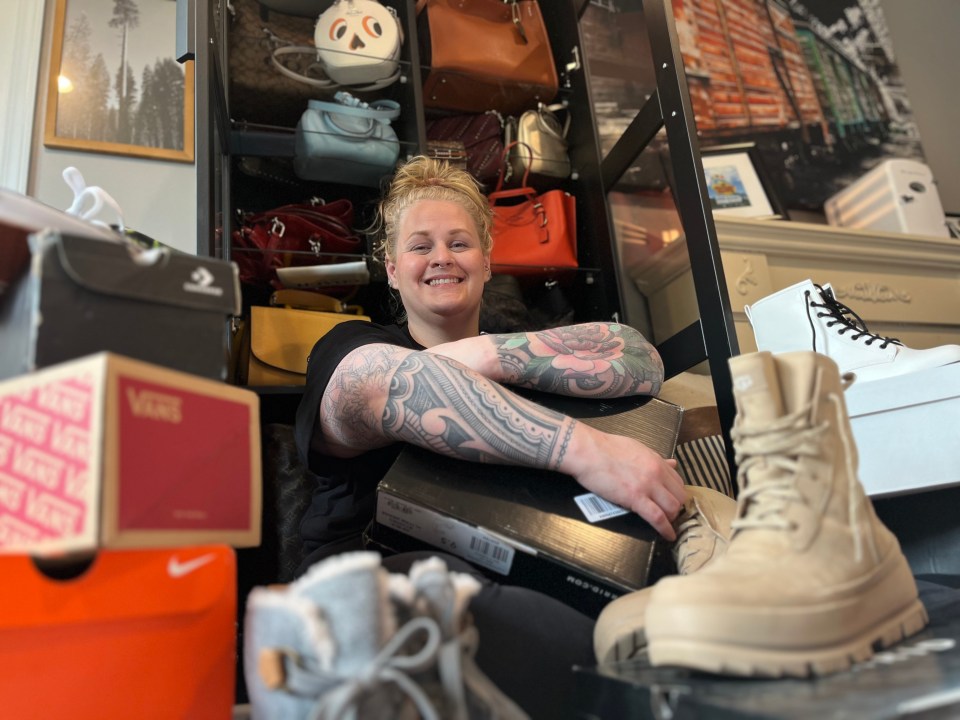
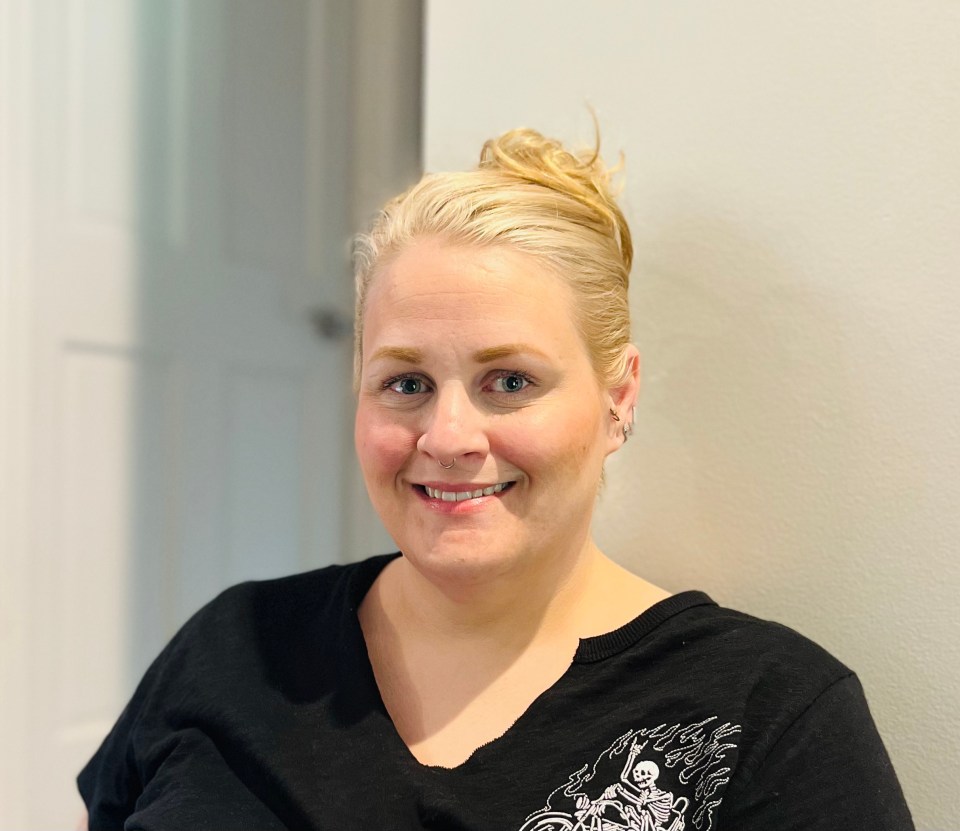
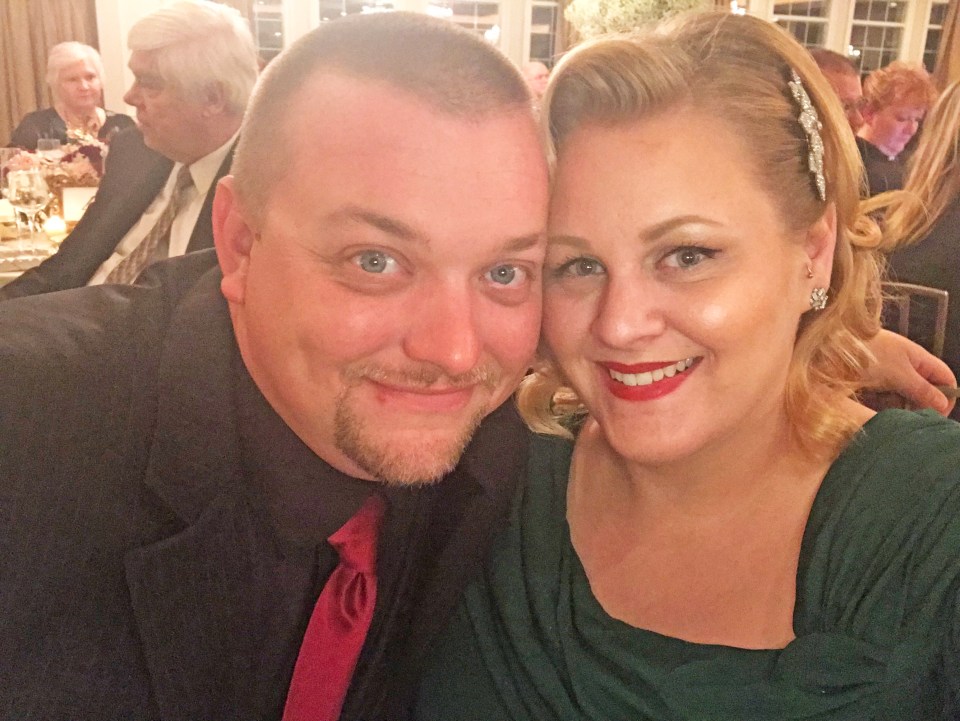
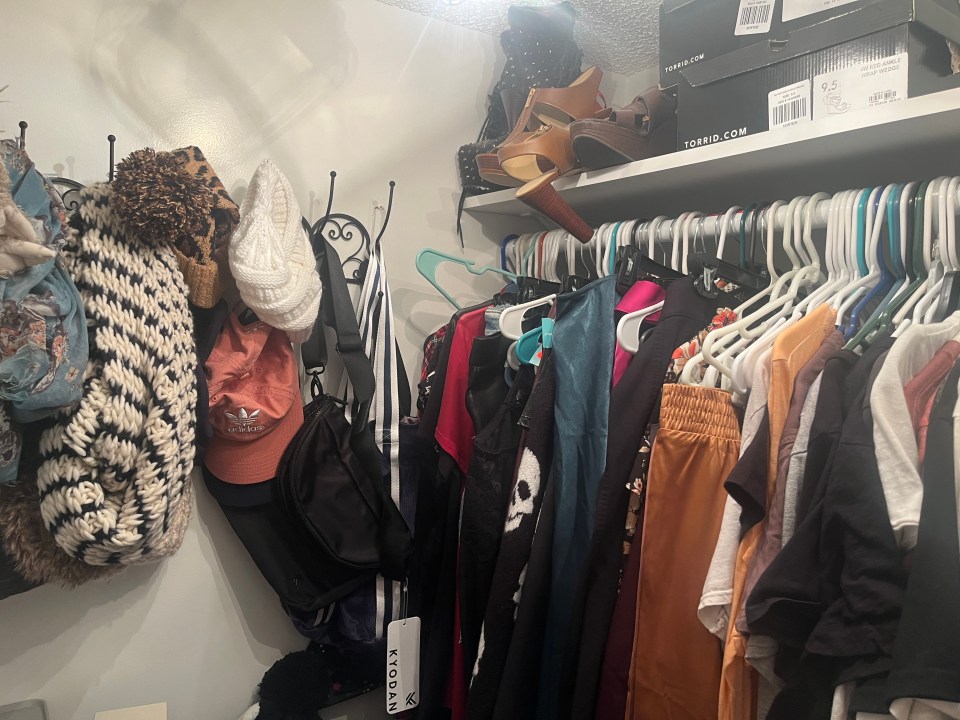
ELISSA Dalton, 39, is a nurse and podcaster living in Indiana, US, with her son Gage, 17, and her husband Jason, 39, who works at a radio station.
Here she tells how she spent over £6,000 on shopping in her sleep and how she copes with her parasomnia.
When I saw the three large images of myself in my underwear, I didn’t know whether to laugh or cry.
I knew these wall hangings weren’t a secret gift from my husband, because I was the one who made, ordered and paid for them, all while I was fast asleep.
I have had trouble sleeping my whole life. When I was five I fell into bed and woke up on the kitchen floor.
When I was 14, my mother suddenly left the family and my father died. I went to live with my grandmother, and then things just got worse.
I had whole conversations with her in my sleep. I didn’t believe it when she told me what I had done – until one night she recorded me and played it back.
In May 2015 I met my husband Jason on Tinder. We fell in love and moved in together three months later. I was so relieved that my sleeping problems didn’t scare him off and we were married soon after.
One day a parcel arrived from eBay containing a pair of gold sunglasses and I logged into my account in dismay to see that I had bid £26 on them in the middle of the night.
We laughed about it, but had no idea that this was just the beginning.
Between 2015 and 2018 I bought six more things in my sleep. They were all cheap clothes, so I was more amused than anything.
When I got my nursing degree in June 2019 and started working, I started sleeping and shopping more and more.
First came over 30 pairs of tennis shoes and loads of socks. Packages arrived filled with sparkly miniskirts and pleather dresses, despite the fact that I lived in pants.
Jason and I joked that “sleeping Elissa” and “awake Elissa” were two very different women.
It didn’t stop at clothes. Over the months, bags, hair products, 18 eyeshadow palettes and boxes of toilet rolls arrived.
Sometimes I felt like I had done something in my sleep, and sometimes I had no idea.
Jason was incredibly patient. Together we tried deleting all the shopping apps and payment methods from my phone, and then moving my devices off my bed or even hiding them.
But I always found them and I knew my credit card numbers by heart.
At the end of 2019 things started to spiral downward and I started therapy.
READ MORE REAL LIFE FEATURES
I found out that I went shopping because I had lost my parents and was diagnosed with a parasomnia (a sleep disorder).
Buying things made me happy and I chased that feeling even in my sleep.
Things got better for a while, but working in intensive care during the pandemic was so stressful that my symptoms increased again.
What is non-rapid eye movement (NREM) parasomnia?
According to the WHO, Angela’s condition affects approximately 15 percent of the population and is usually seen in people between the ages of eight and 12. Science Direct.
The Sleep Foundation According to him, NREM parasomnia occurs in the early stages of sleep and is known as an “arousal disorder.”
It is “characterized by episodes of incomplete awakening, limited responsiveness to attempts by other people to intervene or reorient the sleeper, and limited awareness during the episode,” the site says.
In most cases, people who suffer from this condition have little to no memory of their episodes.
There are five types of the disorder:
- Confusing excitements: During a confusional awakening, a sleeper acts disoriented and may sit up and look around, but does not leave the bed.
- Sleepwalking: Sleepwalking occurs when people get out of bed while still asleep, but show limited awareness or responsiveness to their surroundings. They may engage in other behaviors, such as sorting clothes. Sleepwalking can also lead to injuries if the individual loses their balance or bumps into other objects.
- Night terrors: People who suffer from nightmares cry, scream or make nonsensical noises in their sleep and are difficult to wake up. A nightmare episode can last from a few minutes to as long as 40 minutes.
- Sexually abnormal behavior related to sleep: This parasomnia, popularly known as ‘sexsomnia’, is characterized by sexual behavior during sleep, such as masturbation, initiation of intercourse, and sexual sounds.
- Sleep-related eating disorder: This is characterized by episodes of dysfunctional eating that occur after awakening from sleep. Most people with this disorder show limited responsiveness during their eating episodes and have little to no memory of the events. Potential concerns include ingestion of toxic substances, injury from cooking or preparing food, and physiological effects of unhealthy or overeating.
Then, in late 2020, I saw an email from Chanel thanking me for my order. My blood ran cold as I tried to access the account I had somehow created the night before, knowing that Chanel bags cost thousands of dollars.
It was the only time Jason lost it, and I understood why. Luckily I had bought some Chanel logo cotton make-up remover pads that cost £18. I nearly fainted with relief.
There have been lighter moments, too. In December 2022, I somehow turned photos from a boudoir shoot of me in my underwear into three giant wall hangings.
They cost £85 and were of course non-refundable.
It felt liberating to talk about it and I felt less alone.
Elisa
Now they hang in our bedroom. In the summer of 2023 I bought 1000 cat stickers, even though I don’t like cats at all, and a badge for my nurse’s uniform that says: ‘I’m dead inside.’ That is definitely not work appropriate!
Over the years I have spent over £6,000 sleeping on things I couldn’t return. Thankfully I haven’t been sleep shopping in the last few months.
In February, Jason and I created a podcast called The Adventures Of E and shared my sleep buying story with the world.
It felt liberating to talk about it and I felt less alone. Now the podcast has become my therapy and has helped me see the funny side of it.
I may always do that, but at least ‘sleeping Elissa’ buys a lot of things on sale!”
Incidentally
Worldwide, approximately 4% of adults have a diagnosed parasomnia.*
Parasomnias may include: sleepwalking, sleep eating, and sleep shopping.**
Sources: *Patient *Sleepfoundation.org





